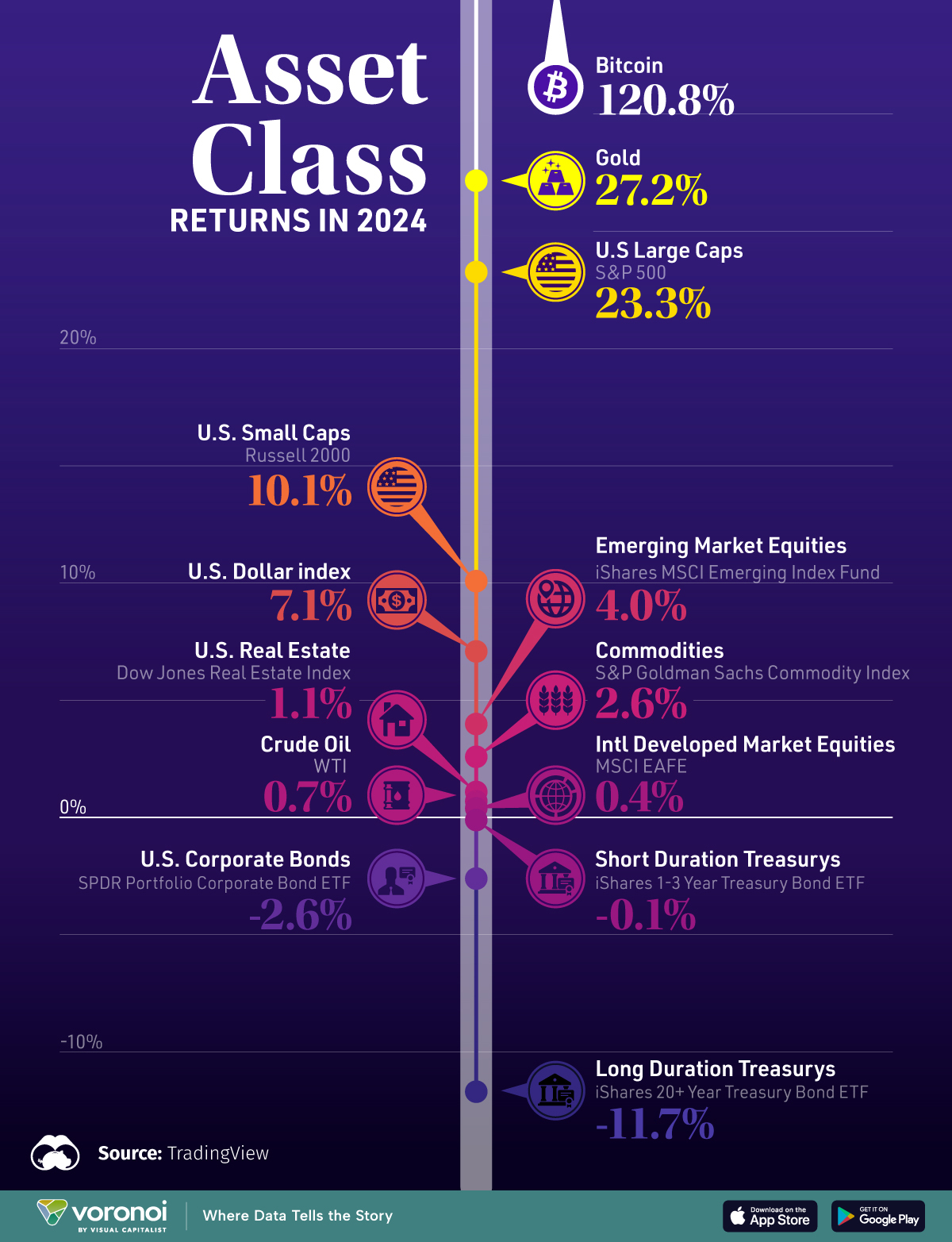I’m sure you remember James Carville’s famous line, “It's the economy, stupid.”
Seasons come and go, as do political regimes, but one constant remains: people focus on the economy ... and their wallets.
Recently, my inbox has seen a deluge of wild claims about spending, waste, inflation ... and worse.
This morning, I saw several sources citing Robert Kiyosaki’s recent warnings of an impending market crash, massive layoffs, depression, and even war.
Mass market hype aside, I thought it would be interesting to examine these issues and how typical Americans spend their money.
A quick glance shows that household debt recently approached $18 trillion, and credit card debt surpassed $1 trillion.
But, why?
The chart below came from VisualCapitalist. It shows “How Americans Spend Their Money.”
via visualcapitalist
Unsurprisingly, almost half of consumer spending goes toward housing and transportation.
While this has slightly outpaced inflation, it hasn’t by much.
Meanwhile, spending in some areas surged well beyond wage and overall inflation levels. For example, Americans spend 21% more on food than in 2021. A closer look shows that the cause isn’t just inflation. Food and beverage companies increased their operating profits by 79% from 2019-2023.
Educational spending and healthcare spending are also rising.
How do you think the Trump administration’s actions will impact the economy and the wallets of typical Americans?
Many of my close friends and advisors are optimistic about the Trump administration’s actions and expected impacts. However, as I’ve often noted regarding technological change, people are good at noticing big turning points – but struggle with predictions about the second and third-order consequences of these shifts.
How do you see this playing out?





Investment in AI is Rising ...
It’s no surprise that capital raising is moving toward AI - and often generative AI.
via visualcapitalist
From 2023-2024, over $26 billion flowed into the sector - including big deals like Inflection, xAI, and Anthropic.
While many of the biggest investments were in foundational models and infrastructure, some money is now moving into targeted AI applications.
AI isn’t just for researchers and the tech giants anymore ... it’s becoming more commercial.
Realistically, AI is overhyped – and there is a lot of competition. Yet, few firms have operationalized AI in a meaningful way.
With that said, here is a question worth considering.
Where are the AI applications capable of generating returns that justify the infrastructure, investment, and focus?
The next battle will likely be in the AI Applications space. To keep it short, why hasn’t it happened yet ... and what will likely create the value we’re looking for?
Why Haven’t AI Apps Taken Off Yet?
• Cost vs. Value Gap: Many AI applications are still experimental or add only incremental value.
• Compute Bottlenecks: AI compute costs remain expensive, limiting broader adoption.
• Enterprise Hesitation: Many companies are still figuring out how to integrate AI into their operations in a way that delivers real ROI.
Where Might the Value Come From?
For AI investments to pay off, applications must solve big problems, not just serve as experimental tools. The highest-value areas likely include:
• AI copilots and automation (Enterprise AI reducing labor costs and bottlenecks)
• Autonomous systems (AI for analytics, compliance, and logistics)
• AI-driven discovery (Accelerating breakthroughs in capabilities and performance)
• Next-gen digital assistants (LLMs with memory, context, and long-term utility)
Right now, AI apps are where mobile apps were in 2008 — there is plenty of potential, but only a handful of genuinely indispensable use cases.
Companies like Capitalogix that crack the code on industrial-grade AI applications, will drive the next wave of value creation.
It’s fun and rewarding to watch artificial intelligence become available to everyone.
As the cost of “intelligence” decreases, let’s hope more people take advantage of the opportunity.
However, the sad truth is the opposite is also more likely. As AI becomes more available, it becomes easier for it to become a distraction.
Remember the Internet? When it first started, most of the uses were academic. Now, despite there being functionally infinite ways to use the internet to improve your life and make you smarter, most people use it for memes and distractions.
When you think about AI, don’t just think about artificial intelligence ... Think about amplified intelligence. That is the term I use to distinguish between the technology and what people really want ... which is the ability to make better decisions, take smarter actions, and continuously improve performance.
AI isn’t about taking away the humanity from your business or automating away the things you love. It’s about allowing you to be more human – doing more of the things you’re best at - that give you energy and bring you joy.
Posted at 08:08 PM in Business, Current Affairs, Gadgets, Healthy Lifestyle, Ideas, Market Commentary, Personal Development, Science, Trading, Trading Tools, Web/Tech | Permalink | Comments (0)
Reblog (0)